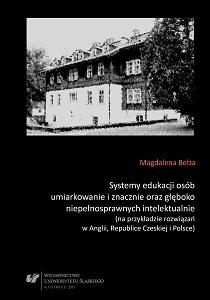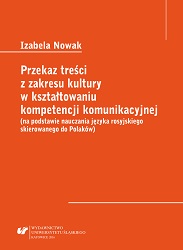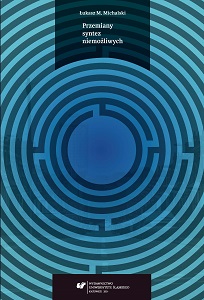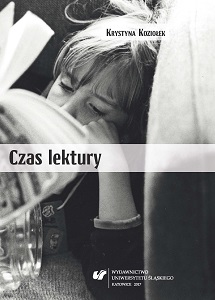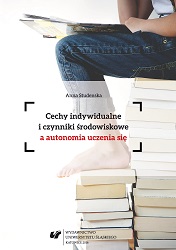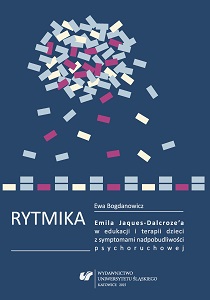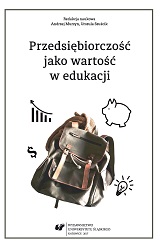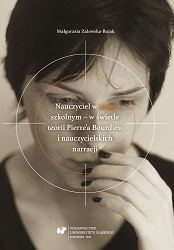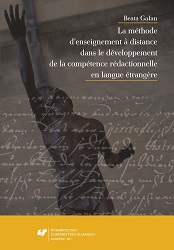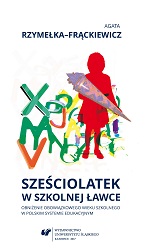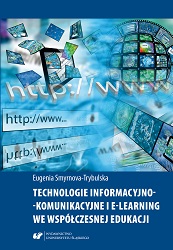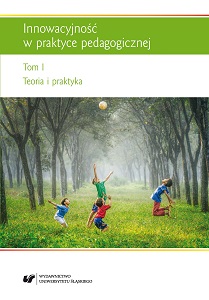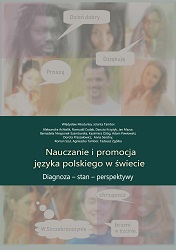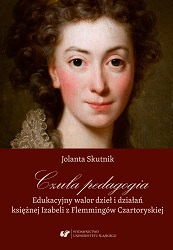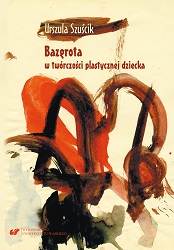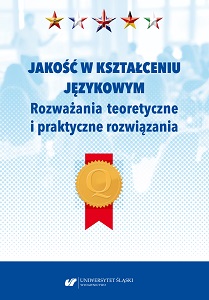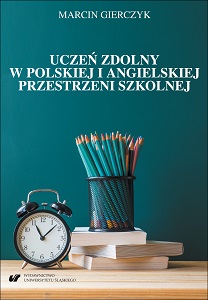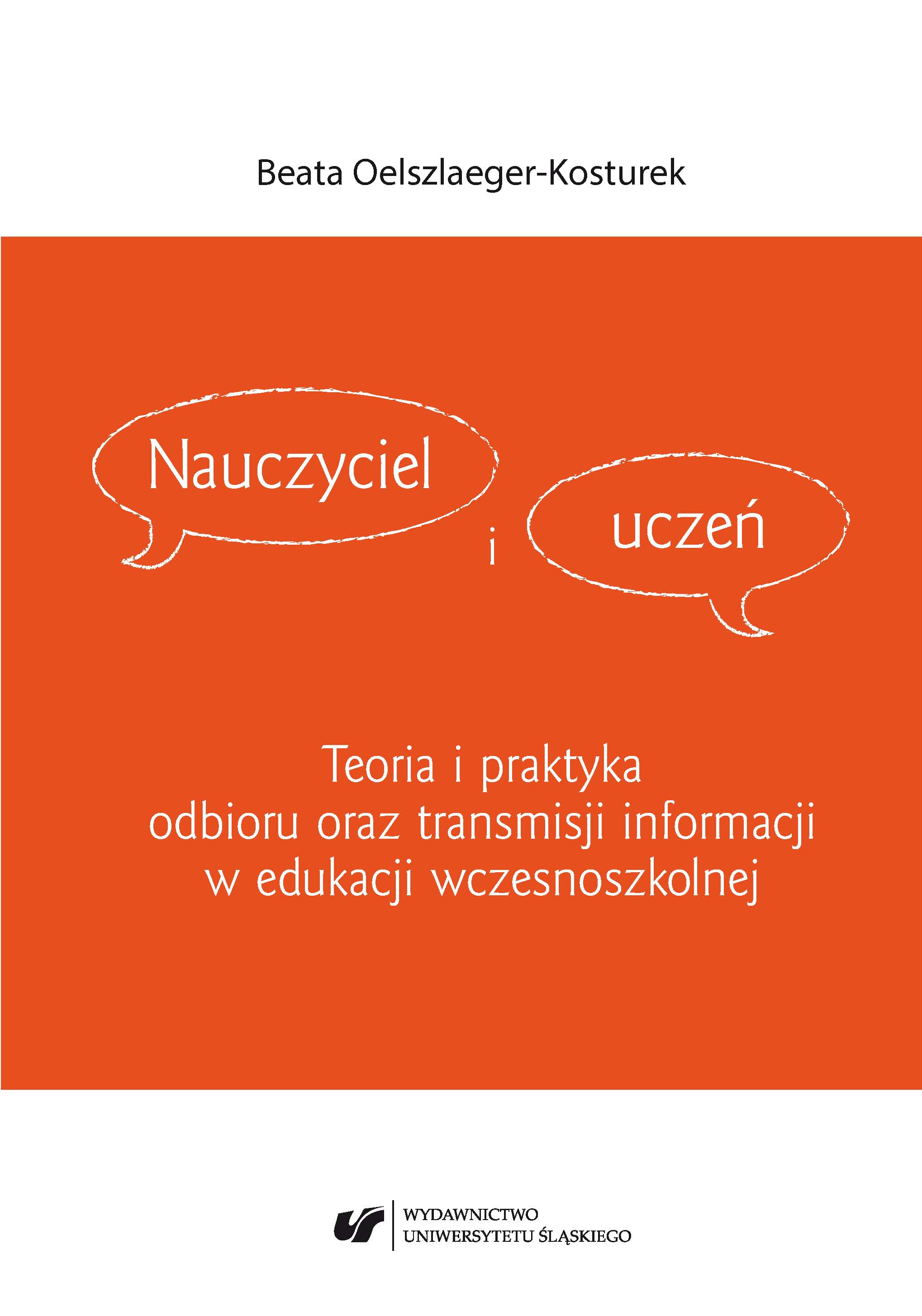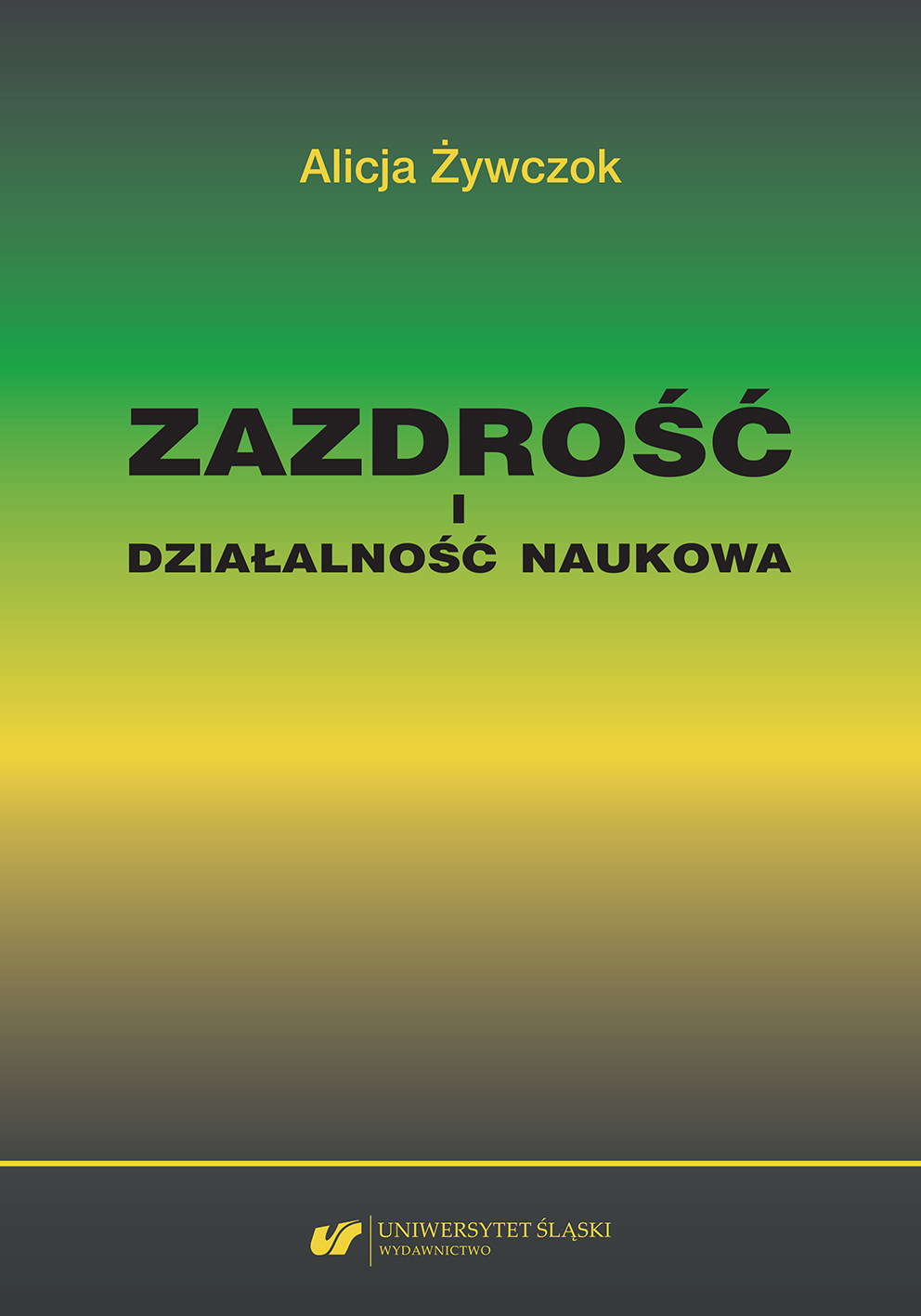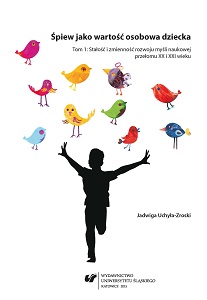
The Importance of Singing as a Personal Value in Children’s Development. Vol. 1: The Constants and Changes in the Development of Theoretical Thought at the Turn of the 20th Century
Śpiew jako wartość osobowa dziecka. T. 1: Stałość i zmienność rozwoju myśli naukowej przełomu XX i XXI wieku
Keywords: importance of singing; personal value; children; constants; changes; development of theoretical thought; 20th century
The publication constitutes a pedagogical monograph which consists of two parts comprised of eight chapters. The first, theoretical part consists of three chapters, while the remaining five comprise a comprehensive empirical study, including methodology, research findings, in-depth analysis of those findings, and conclusions. The monograph is devoted to the analysis of singing and voice training in children from the perspective of personal values. In the first part of the monograph, the author refers to older research concerned with the development of voice in children, using lesser-known sources in Polish as well as other languages. Thus, the monograph addresses the issue also from the historical angle, allowing for broad analysis of the theoretical background for the subsequent empirical research. The theories cited in the monograph have been subject to thorough evaluation and comparative analysis. The monograph addresses both the constants and the changes in the theoretical approach to the issue, paying particular attention to the notions concerning development and voice training in children; assessment of the new—heuristic—method of vocal training; appropriate training for students preparing them for taking on the role of the teacher with regard to values and making value judgments; the role of fine arts universities in shaping creative attitudes in students. The theoretical part also includes the results of diagnostic and comparative studies of children and students, elaborated upon in the second part of the monograph. The proposed method, founded upon the principle of the creative process, is most effective when applied to elementary school students (class I—III); nonetheless, some of its elements can be utilised by parents and legal guardians in the home environment, and by teachers during music as well as music and movement classes in kindergartens, schools, and in therapy work with disabled children. This method as well as its didactic and educational benefits should be taught to students specialising in musical education, integrated teaching, preschool education, as well as to teachers working with special needs classes and counselors working with disabled children.
More...
